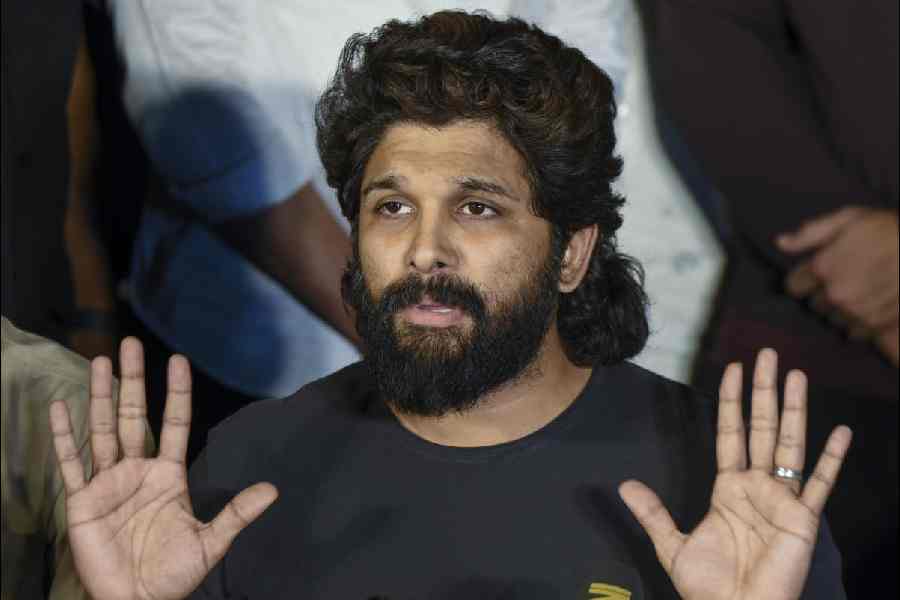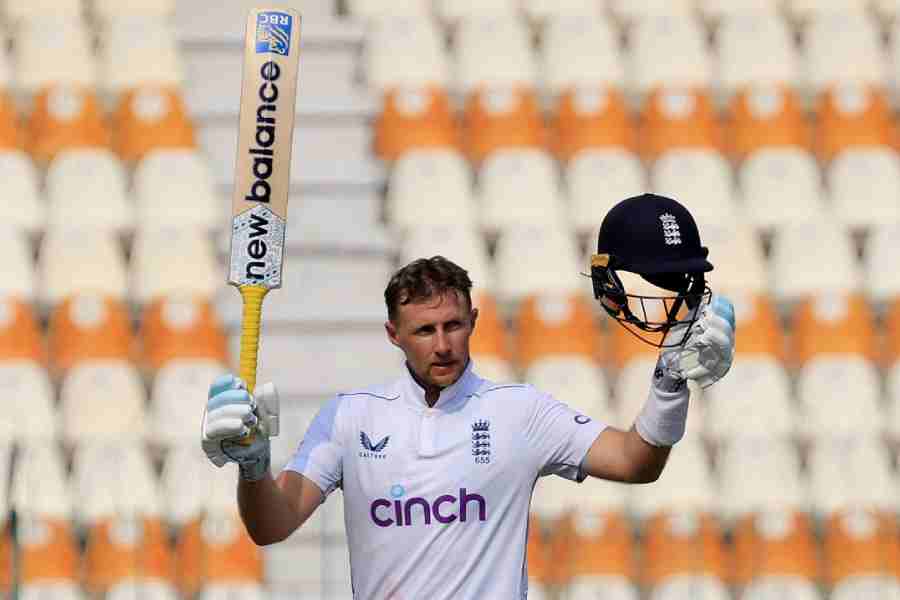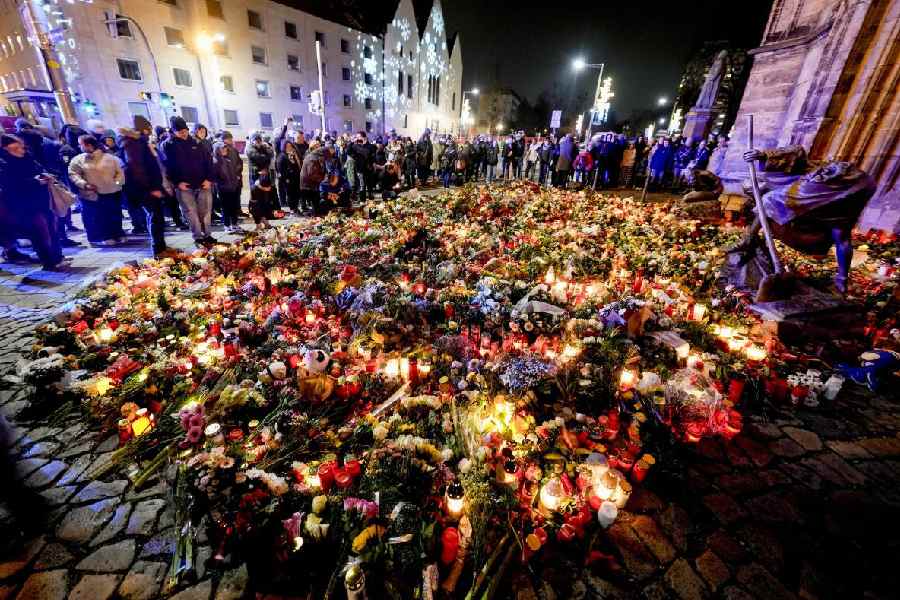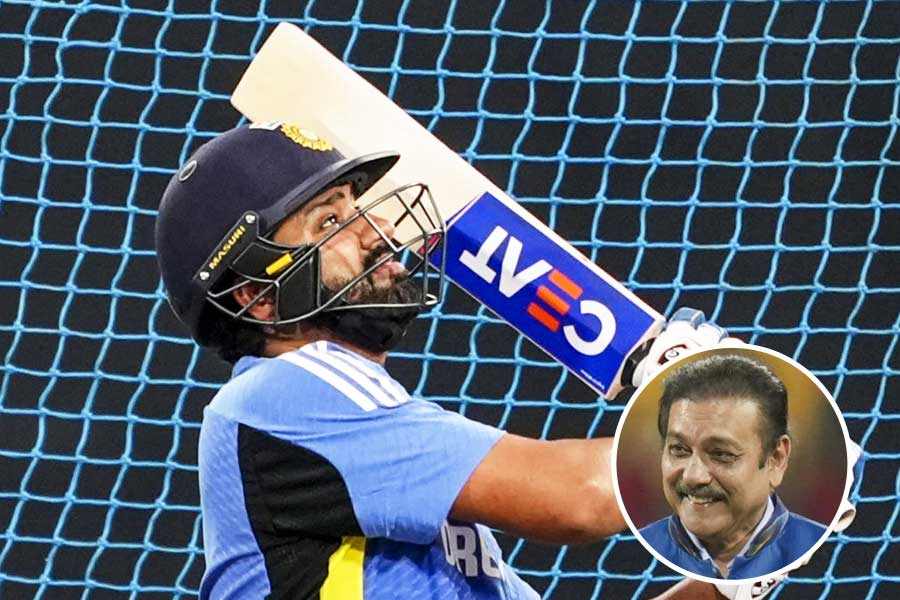India’s count of novel homegrown Covid-19 vaccines designed to boost immunity against the coronavirus infection is growing in a landscape of public disinterest in boosters and government restrictions on those who can receive them.
A Covid-19 vaccine described as the world’s first non-injectable mRNA vaccine tailored to generate protective antibodies against omicron variants of the coronavirus is set to be released next week, the vaccine’s makers and government officials said on Saturday.
The vaccine developed by the Pune-based Gennova Biopharmaceuticals and to be priced at Rs 2,292 per dose will be available, under current government policy, only as a first booster to those 18 years or older who have received two doses of any Covid-19 vaccine.
The mRNA vaccine approved by India’s drug regulators earlier this month is the third vaccine approved as a “heterologous booster” after approvals to Corbevax made by Hyderabad-based Biological E in August 2022 and to Incovacc, an intranasal vaccine made by Hydearbad-based Bharat Biotech in December 2022.
Vaccine experts guiding the government have asserted that India’s Covid-19 vaccination policy for now has no place for a second booster — or a fourth dose. But vaccine makers are questioning such a policy that they say effectively restricts access to novel emerging vaccines.
“We will work with the government to discuss the scientific merit of boosters as per global guidance — under the World Health Organisation guidance, boosters are needed for high-risk groups,” said Sanjay Singh, a senior biochemist and the chief executive officer of Gennova.
Gennova’s vaccine uses the mRNA technology — also adopted in the Pfizer-BioNTech and Moderna vaccines — but contains certain novel features, including a needle-free intradermal vaccination delivery and stable storage between 2 degrees Celsius and 8 degrees Celsius, compared to the much lower storage temperatures required by other mRNA vaccines.
“The mRNA vaccine provides us a technology platform — something that could also be rapidly adapted to address future coronavirus variants as well as possibly other infectious agents,” said Rajesh Gokhale, secretary in the department of biotechnology, the government agency that provided Rs 125 crore to Gennova for vaccine development.
India introduced boosters in January 2022 in the middle of the country’s third Covid-19 wave fuelled by the omicron variant. But amid evidence that omicron and its siblings have caused only mild symptoms in the vast majority of people in India, public enthusiasm for boosters has been weak.
“Only about 28 per cent of those eligible for the boosters in India have actually taken them,” said Narendra Arora, an advisor to the government on its vaccination policy. “Our current view is that people do not need a second booster — they are protected through hybrid immunity.”
Hybrid immunity is protection gained from a history of natural infection and vaccination. “The feedback we have from some hospitals is that there is no more fear of Covid and people are not keen on the booster,” said an executive with the company that makes Corbevax.
The WHO’s strategic advisory group of experts (SAGE) on immunisation on March 30 this year updated its guidance that recommended “additional boosters” to “high priority-use groups” that are considered to be at high risk of developing severe Covid-19.










